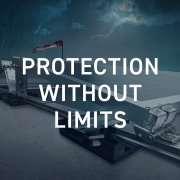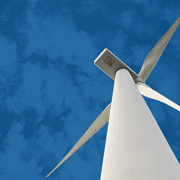Prior to the Fukushima Daiichi disaster, many of Europe’s Member States were moving towards a new nuclear age – at the expense of PV and other renewable energies. But now? Well, we’re in a state of flux, and Lee Summers, Director of EOS Energy – the UK’s fastest-growing solar installer, believes that it’s time to finally pull the plug.
The reasons are as diverse as the residents of Europe. They range from the irrational fear of another Chernobyl disaster to the heavy reliance on government subsidy that the build and maintenance of new nuclear plant requires. It is this complexity which makes the nuclear debate so intriguing.
If we look around the Member States we see a wide variety of public and political opinion and legislation on the subject.
In Italy, Prime Minister Berlusconi had hoped to restart a nuclear building programme that had been abandoned in the 1980s. A referendum on the subject attracted a turnout of 57per cent and of that number 94per cent of voters opposed the nuclear policy.
Germany and (non-EU member) Switzerland have already announced that they will phase out nuclear over the next two decades. Angela Merkel was quoted recently as saying “The Japanese disaster is a turning point in the history of the industrial world.”
The British government has largely ignored this migration away from nuclear power. Faced with an opportunity to support renewable energy and take a lead in the industry, the current government has decided that a nuclear powered future was more appropriate to the UK’s needs. In June plans were announced giving the go ahead to eight new nuclear reactor sites, with plans in the works for ten new reactors to be on-line by 2024.























